There is considerable debate about whether or not genetically modified or GMO seeds are a positive development. Many people think GMO seeds are a vital step forward for agriculture and others insist on growing their crops using only non GMO seeds.
GMO seeds are seeds which have had their DNA manipulated in a laboratory setting. Though there are significant possibilities with genetic engineering, including making plants resistant to pesticides and incorporating the DNA of species that could not breed as part of a natural process, there are also serious concerns, particularly about the long-term impact on biodiversity and resilience.
What Are Non GMO Seeds?
Image from Amazon
Non GMO seeds are seeds that have not been modified using recombinant DNA technology. These seeds have still undergone a modification process through selective breeding to thrive in specific environments and deliver consistent results when grown. Non GMO seeds can be resistant to specific diseases and plants grown with non GMO seeds are often incredibly well adapted to specific regions and conditions.
The variety of non GMO seeds increases biodiversity and helps to make sure that even if some varieties might be vulnerable to a specific threat, other plants will prove resistant and survive.
Heirloom Seeds
Heirloom seeds are open-pollinated seeds that can be used for seed saving. They have been bred to produce consistent plant characteristics at successive plantings.
Hybrid Seeds
Hybrid seeds are crosses between plant varieties in which the characteristics of the first generation of plants from the crossing is predictable. Though these varieties often produce viable seeds, due to the genetic variance between seeds, their seeds will produce variable results if their seeds are used to grow successive generations of plantings. To reliably grow plants the characteristics of the first hybrid generation, you’ll need to purchase seeds each year.
Gardening with Non GMO Seeds
Image from Pixabay
Gardening with non GMO seeds is different from gardening with GMO seeds in a few critical ways. Perhaps the most important way that non GMO seeds differ from GMO seeds is that they will produce seeds that can be saved. Heirloom varieties of non GMO seeds will produce predictable results for seed saving. Hybrid seeds will not produce consistent results but should produce viable seed.
Many non-GMO seed varieties are specialized for environmental conditions a smaller growing area or resistant to specific types of pests. Careful selection of the variety of non GMO seeds you grow can help to reduce irrigation costs and the need to start plants indoors or otherwise insulate them from the weather. Because certain varieties are resistant to certain pests, you can reduce pest control cost and the risk of infestation by growing non GMO seeds.
How They Compare
There are several ways to get non GMO seeds. Depending on your location, you may purchase them locally. Some areas also host seed exchanges, where people can trade seeds they have saved. Frequently, people purchase non GMO seeds from an online supplier because of increased selection and convenience. Online suppliers often provide useful information and may also sell books and gardening supplies.
For most of those who grow non GMO seeds, at some point ordering seeds from a company that provides non GMO seeds is likely. We picked a handful of online non GMO seed suppliers to review so that you can see how they compare:
Seed Saver’s Exchange
Seed Saver’s Exchange is a non-profit organization dedicated to conserving and promoting heirloom varieties of both garden and crop plants. Currently, the Seed Saver’s exchange is the largest nongovernmental seed bank of its kind in the United States. The company focuses both on the long-term preservation of seeds in the seed bank and on making heirloom seeds available for use. They offer a place for growers to exchange seeds and offer a catalog of seeds for purchase.
The Seed Saver’s Exchange website offers a remarkable amount of information, well organized and easy to access. Their online resources include information on gardening and planting, seed starting, plant care, soil, pollinators, seed saving, growing guides, and crop-by-crop guides. Access to the seed saver’s network to exchange seeds is also managed through the website.
The Seed Saver’s Exchange Catalogue offers vegetable, flower, herb, and fruit seeds. There are also some trees and transplants available, including apple trees. The website also offers books, garden tools, and seed saving supplies to assist with growing heirloom plants. Also available for purchase are cooking beans, kitchen supplies, and apparel.
Seed Saver’s Exchange headquarters is located on an 890-acre farm in Iowa. Between March and September, visitors can tour the farm which offers display gardens, a historic orchard, a visitor’s center, a barn that houses heritage poultry breeds, and numerous trails.
Variety
The catalog offerings are not overwhelming, but the ability to order heritage apple trees is a nice addition.
Product Quality
The Seed Saver’s Exchange is dedicated to preserving and maintaining heirloom seed varieties.
Additional Resources
Seeds can be a bit more expensive here than other points of comparison, though some of the purchase prices are used to help the non-profit’s preservation and maintenance goals.
Pros
Cons
Baker Creek Heirloom Seeds or Rareseeds
Baker Creek Heirloom Seeds is a family-owned business based in California that offers over 1,800 open-pollinated seed varieties originating from more than seventy-five countries. Their selection of seed varieties from the nineteenth century is among the best available. The company hosts festivals and the farm can be visited to see a pioneer village and shop for seeds.
Offerings include fruit, vegetable, grain, herb, and flower seed varieties. In addition to seed, live plants are available, primarily for fruit varieties. Baker Creek Heirloom Seeds also offers several seed mixes, books, and gardening tools.
The impressive seed catalog for Baker Creek Heirloom Seeds also includes informative articles and recipes. The catalog is available as a PDF, and a free paper copy can be requested. The website offers additional articles, recipes, and growing guides. Baker Creek Heirloom Seeds often includes articles about some of the farmers who supply them with seeds.
Variety
Baker Creek Heirloom Seeds offers a wide range of seeds from around the globe, including a number of heirloom seed varieties dating back to the nineteenth century. In addition to seeds, they offer some live plants.
Product Quality
The company focuses on providing good-quality heirloom seeds. Though not certified organic, the seed provided by Baker Creek Heirloom Seeds is not chemically treated.
Additional Resources
Both the catalog and website offer informative articles and recipes. The website also provides growing guides.
Pros
Cons
SeedsNow
SeedsNow is a family owned and operated company providing open-pollinated herb, flower, fruit, vegetable, grain, and cover crop seeds. Because all seed varieties offered by SeedsNow are open-pollinated seeds that are produced during the growing season can be saved to produce further crops.
SeedsNow has a strong commitment to supplying the resources to help anyone grow their food. Their website offers numerous resources including planting guides, grow zone look-up, growing guides, and an information-packed blog. The seed catalog can be sorted to include only varieties from a single grow zone or to include those who grow best in different lighting conditions. The catalog can also be set to include only seed varieties that grow well under certain conditions, for example, seed varieties suited for indoor growing or hydroponics.
In addition to a variety of seeds, SeedsNow offers an impressive selection of mixed seed packages, seed saving kits, seed banks, seed starting kits, books, and growing supplies. There are some fun offerings and gift ideas, like garden kits that grow from bags or pails.
Variety
SeedsNow offers an incredible variety of seeds, an impressive selection of planting mixes, and some fun garden kits.
Product Quality
The company puts customer satisfaction first. Customer feedback indicates high satisfaction with shipping and with germination rates.
Additional Resources
Their website has a wealth of information, though the presentation can be a little overwhelming. There are many resources to help locate your grow zone, pick plants that will thrive in your location, and determine the best planting times.
Pros
Cons
Southern Exposure Seed Exchange
Southern Exposure Seed Exchange is a worker-run cooperative that offers more than seven hundred varieties of seeds. The company is located on a 72-acre farm in Virginia, where they cultivate for seed production, seed trials, and for food. More than sixty percent of seed production for the company is done by small farmers with direct relationships with the company. More than sixty percent of the seed varieties offered for sale are organic.
To maximize long-term viability, seed storage areas at Southern Exposure Seed Exchange are air-conditioned, refrigerated, or frozen as appropriate to maintain seed quality. Seed germination is tested and meets or exceeds federal and company germination standards. For some seed varieties, the company sets higher standards than the federal standards.
Seed offerings include vegetable, flower, herb, grain, and cover crop seeds. Southern Exposure Seed Exchange focuses on seed varieties that grow in the Mid-Atlantic and Southeast areas of the United States. An excellent option for those looking for unique or hard-to-locate southern heirloom seed varieties, they offer naturally colored cotton and southern cooking staples like collard greens, corn for roasting or meal-making, okra, southern peas, and butterbeans.
Southern Exposure Seed Exchange offers several seed variety packages, including packages for attracting beneficial insects, packages for attracting pollinators, various vegetable, and greens variety mixes, and a Virginia heritage-focused package. In addition to seeds, Southern Exposure Seed Exchange offers mushroom spawn, books and DVDs, garden supplies, and seed saving supplies.
Variety
The company focuses on seeds that grow in limited geographical regions of the United States, but some varieties can be grown successfully outside those locations. The company can offer rare varieties particular to the area.
Product Quality
Great care is taken in the seed storage process to provide seeds with long-term viability. Seed germination rates meet or exceed federal germination standards, and the company elects to set higher germination standards for some varieties.
Additional Resources
The website offers a seed catalog and garden guide, garden planner, and growing guides. A free copy of the seed catalog and garden guide can be requested in print.
Pros
Cons
Conclusion
Growing non GMO seeds is a rewarding experience. Not only will you be able to grow unique plants, but you’ll also be preserving biodiversity and helping to maintain food security. You’ll be able to incorporate stunning and unexpected flowers into your garden and serve vegetables of uncommon color at dinner parties. The best choice of where to purchase non GMO seeds will vary based on your specific growing interests.
Growers who focus on rare heirloom seed varieties may make choices based on the availability of the rarer options. Though some types of non-GMO seed are available from multiple vendors, those searching for a rare heirloom variety may find one vendor option with that seed currently available. For those interested in locating rare varieties for sale, the Seed Saver’s Exchange and Baker Creek Heirloom Seeds would be good options.
For those who have an online supplier that focuses on their geographic region, the increased selection of local varieties may make a more geographically specialized provider more advantageous. In the Mid-Atlantic and Southeast regions of the United States, Southern Exposure Seed Exchange would be an excellent option.
Those who are looking for smaller quantities of seed and ready-to-grow packages would be well served to try SeedsNow. There is an impressive selection as far as seed variety and a considerable offering of plants that can be grown from provided bags and containers. This site would also be advantageous to anyone who wanted to make use of the filters to assist with plant selection by agricultural grow zone, amount of sunlight, or for special considerations like indoor or hydroponic gardening.
Featured Image from Amazon
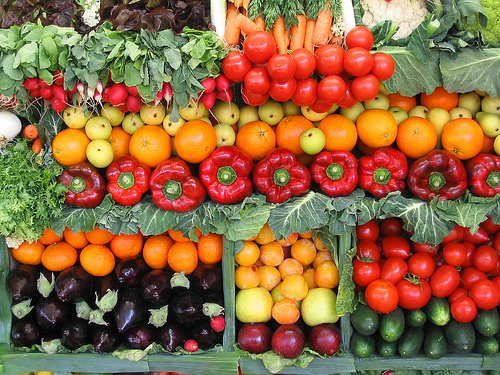
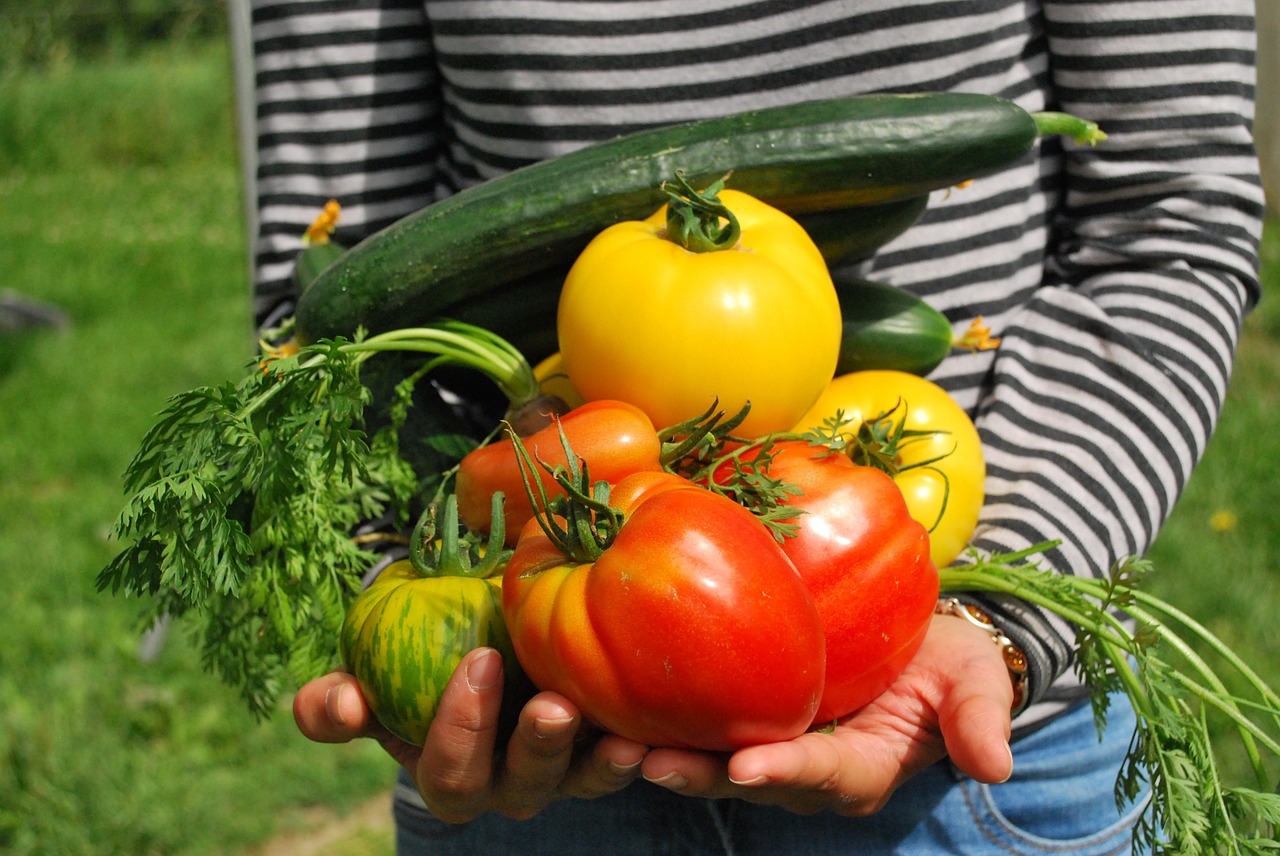

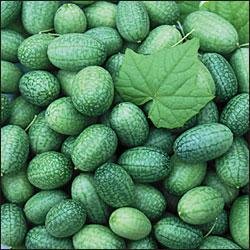
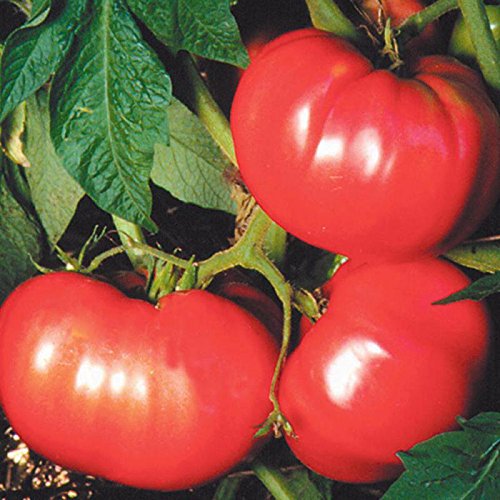
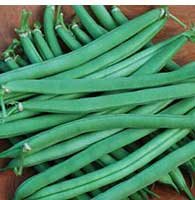
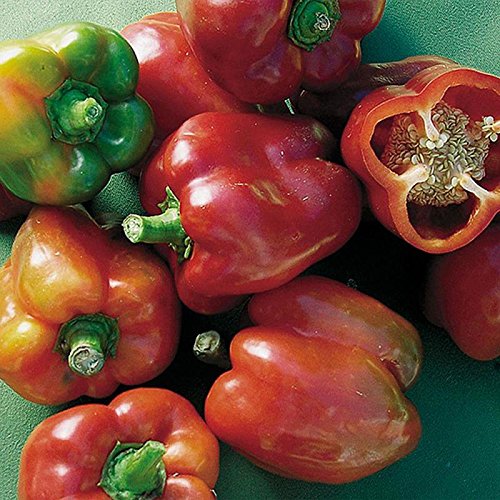
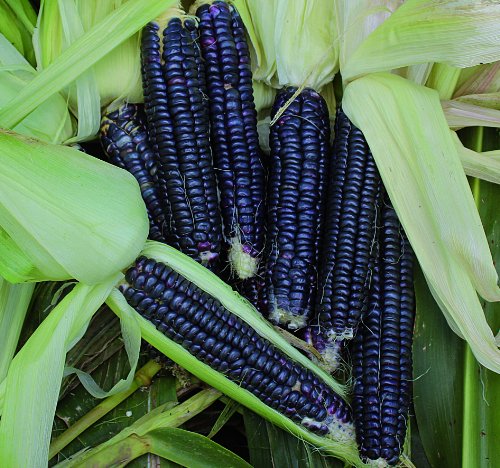
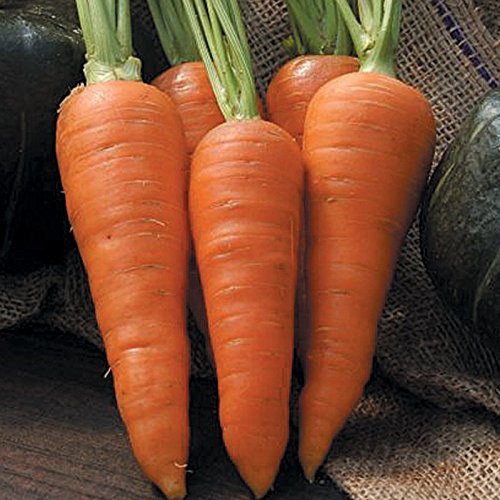



Leave a Reply